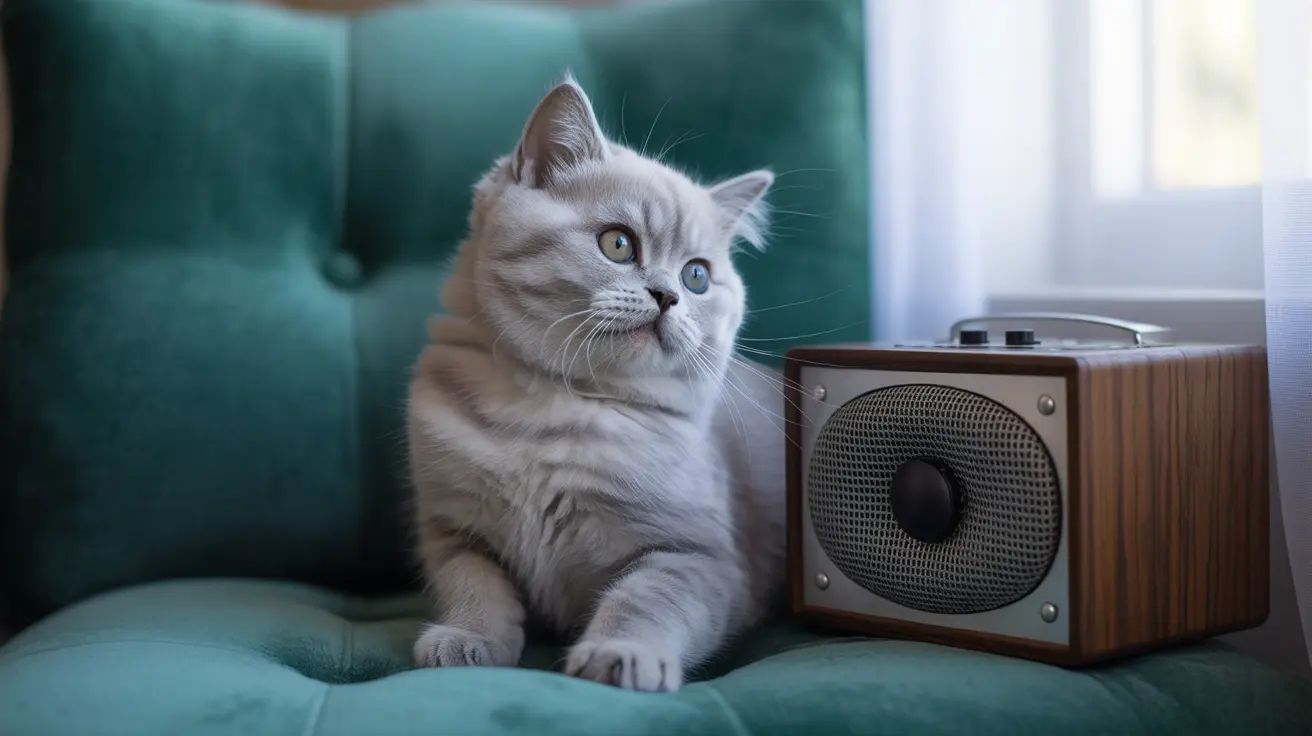Natural Sounds That Attract Cats
Cats are naturally drawn to sounds that mimic their prey or signal potential hunting opportunities. High-frequency noises like bird chirps, mouse squeaks, and rustling leaves often trigger their predatory instincts. These sounds can instantly capture your cat's attention, causing their ears to perk up and their body to assume a hunting posture.
Water sounds, such as gentle dripping or flowing streams, also tend to attract cats. This attraction likely stems from their evolutionary need to locate fresh water sources. Many cats will investigate the source of water sounds, which explains why some are fascinated by running faucets or pet fountains.
Feline Communication and Social Sounds
Cats are highly responsive to the vocalizations of other felines. Their repertoire includes meows, purrs, trills, and chirps – each serving different communication purposes. Mother cats use specific vocalizations to communicate with their kittens, while adult cats employ various sounds to express everything from contentment to territorial warnings.
Interestingly, cats have developed specialized vocalizations specifically for communicating with humans. The common "meow" is rarely used between adult cats but is frequently directed at their human caregivers.
Musical and Artificial Sounds
Research has shown that cats can respond positively to certain types of music, particularly classical compositions with tempos similar to purring or nursing rhythms. Some studies suggest that specially composed "cat music" featuring frequencies within feline hearing ranges can help reduce stress and anxiety.
Cats often show interest in mechanical sounds that resemble prey movements, such as:
- Clicking sounds from toys
- Crinkling paper or foil
- Soft tapping noises
- Electronic bird chirps
Human Voices and Interaction
Many cats show a strong preference for their owner's voice, especially when spoken in higher pitches. This preference may explain why "baby talk" often elicits positive responses from cats. Female voices, which tend to be higher-pitched, frequently garner more attention from cats than male voices.
When calling your cat, using long vowel sounds and a gentle, repetitive tone can be more effective than sharp, abrupt vocalizations. This approach mimics the natural rhythms of cat communication.
Creating a Sound-Enriched Environment
To enhance your cat's living space through sound:
- Set up a pet fountain for soothing water sounds
- Play nature soundscapes featuring birds and small animals
- Use interactive toys that make prey-like noises
- Provide quiet spaces away from harsh household sounds
- Consider playing cat-specific music during stressful times
Frequently Asked Questions
What types of sounds do cats naturally prefer and respond to most positively?
Cats naturally prefer high-pitched sounds similar to their prey (like bird chirps and mouse squeaks), gentle water sounds, and soft, rhythmic noises. They also respond positively to familiar human voices and other cats' vocalizations, especially purring and trilling sounds.
Why do cats like high-pitched and repetitive human voices more than lower-pitched ones?
High-pitched voices are similar to the frequencies of their prey and kitten vocalizations. These sounds are more aligned with their natural communication range and are often associated with positive experiences like feeding and nurturing.
How can I use specific sounds to stimulate my cat's hunting instincts or encourage play?
Use toys that make clicking, squeaking, or rustling sounds, play recordings of bird sounds, or create gentle tapping noises with your fingers. These sounds can trigger your cat's natural hunting instincts and encourage active play.
Are there certain types of music or nature sounds that help calm cats and reduce their stress?
Classical music with slow tempos, specially composed feline music, and natural sounds like gentle rainfall or soft wind can help calm cats. These sounds should be played at a low volume and consistently to create a soothing environment.
What sounds should cat owners avoid because they might scare or stress their cats?
Avoid loud, sudden noises like vacuum cleaners, power tools, and loud music. Also, be mindful of high-frequency sounds from electronic devices that might be imperceptible to humans but distressing to cats. Consistent exposure to startling or loud noises can lead to anxiety and stress-related behaviors.






